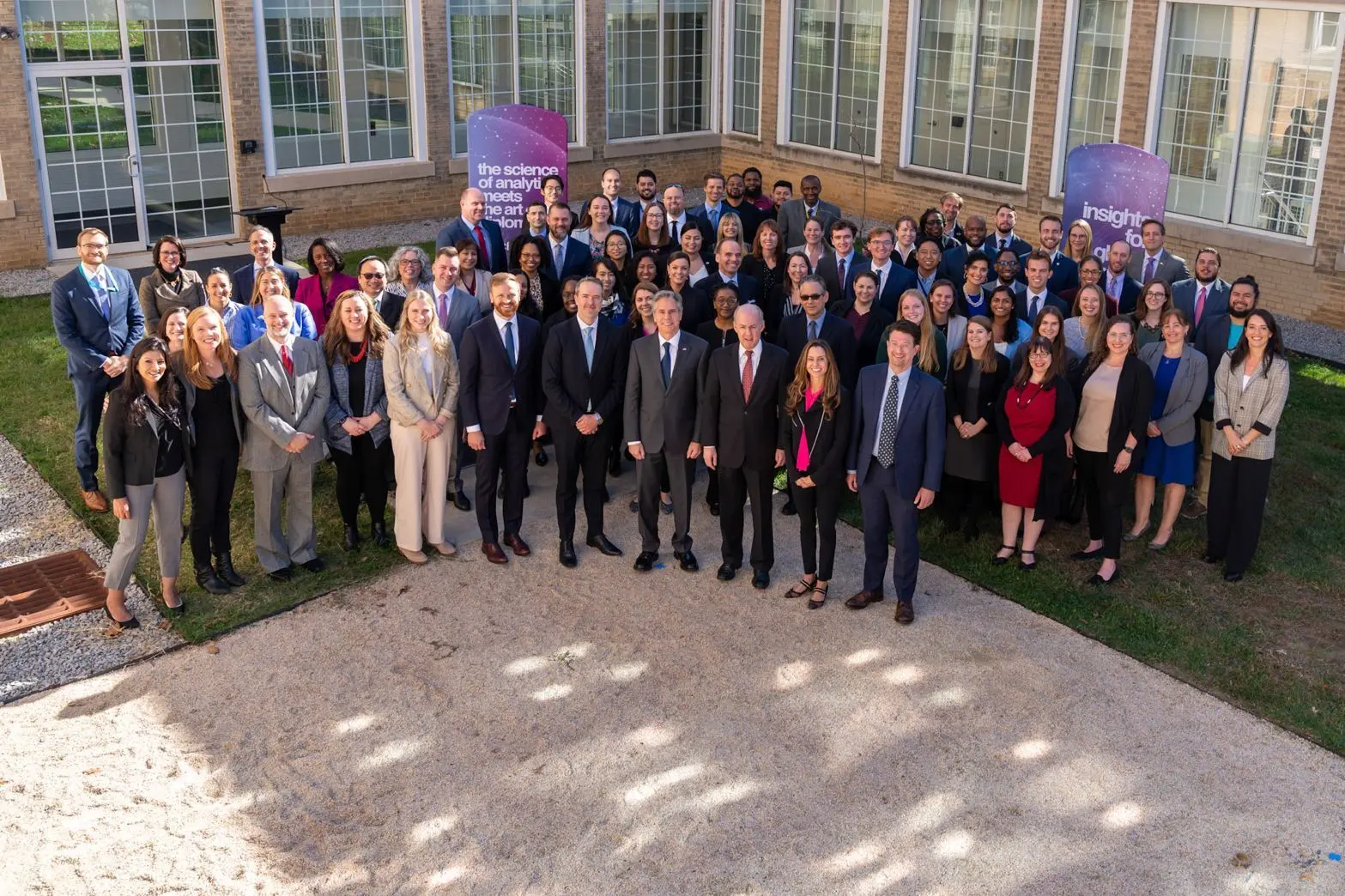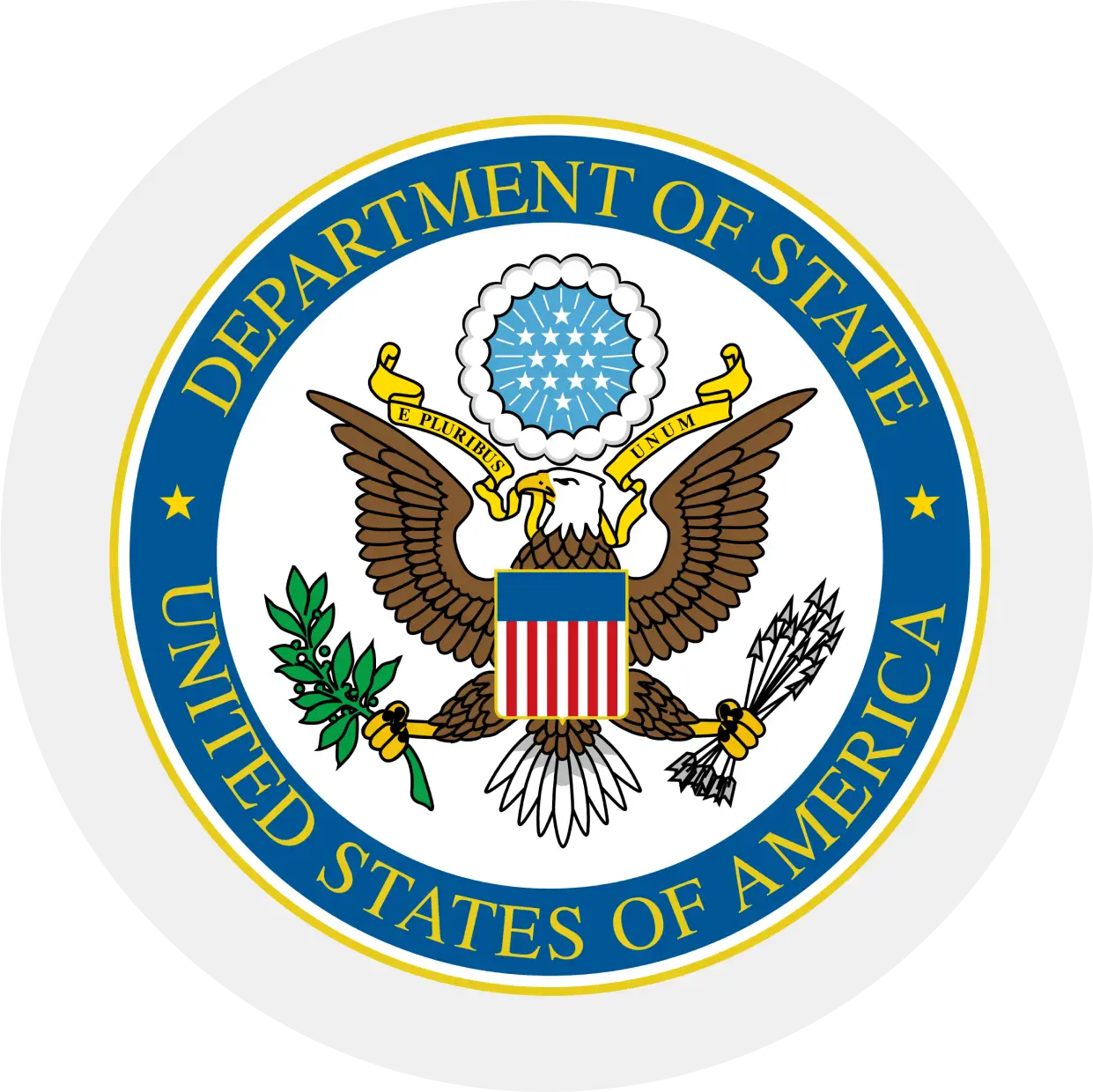About Department of State
The Department of State works to protect and promote U.S. security, prosperity, and democratic values, and shape an international environment in which all Americans can thrive. By promoting data and analytics, the Office of Management Strategy and Solutions Center for Analytics (M/SS/CfA) provides enterprise data management and analytics capabilities to enable data-driven diplomacy within the Department. U.S. Digital Corps Fellows have been supporting M/SS/CfA since 2022. The Nicaragua Operation exemplifies how the science of analytics meets the art of diplomacy.

The challenge
Amid almost five years of massive political suppression and imprisonment of hundreds of political rivals, activists, students, journalists, business and religious leaders, and members of civil society at large, on February 9, 2023, Nicaraguan president Daniel Ortega suddenly released 222 political prisoners to travel to the United States. Shortly after their departure from Nicaragua, the regime stripped the 222 of their citizenship, rendering them stateless. The Department of State in partnership with the Executive Office of the President, Department of Homeland Security (DHS) Customs and Border Protection, DHS Citizenship and Immigration Services, the U.S. Agency for International Development, the Department of Health and Human Services, nongovernmental organizations (NGOs), and Virginia state and local agencies, quickly mobilized a task force to accomplish three primary goals in response to this humanitarian crisis:
- Welcome the parolees to the United States safely and with dignity;
- Fulfill parolees’ immediate needs for medical care, legal counsel, and family reunification;
- Prepare parolees for their onward journeys beyond their immediate entry transition to the United States near Dulles airport.
The approach
Three U.S. Digital Corps Fellows joined the M/SS/CfA data task force to manage the data analytics component of the operation. The Fellows worked directly with the 222 following their arrival to the United States, as well as in the State Department Operations Center—which serves as the Department’s communications and crisis management center, in three areas of focus:
- USDC Fellows contributed to the development of an in-flight and on-the-ground passenger intake form to identify individuals’ medical and accessibility needs, as well as pre-existing family and community relationships in the United States. By automating data flow between Operations Center call activity and on-the-ground data, Fellows helped parolees immediately connect to family and friends.
- USDC Fellows also contributed to the daily production of Secretary of State and White House operation reports, ensuring reporting metrics provided detailed status updates on parolees throughout the process. In addition, they provided real-time data extracts for NGOs providing ongoing legal and psychological support to the 222, and produced ad-hoc reports for the Operations Center, hotel liaison team, and U.S. partners.
- Critically, USDC Fellows developed family reunification and community reintegration reporting criteria. By collecting data to track departures and liaising with NGOs, the hotel team, and the Operations Center, Fellows helped to ensure that the 222 stayed connected to support services after departing to their follow-on destinations in the U.S.
The impact
By leveraging inter-bureau and interagency cooperation, all 222 political prisoners connected with onward support from family, friends, community volunteers, and/or NGOs within a week of their departure from Nicaragua.
Government is often criticized for moving slowly. This experience proved that government can move quickly through diverse and well-informed teams that work together through a crisis. Life-saving data empowered the team’s success in achieving the humanitarian mission, while every task force volunteer’s humanity and empathy for each person of the 222 accompanied their first steps toward healing from the trauma of their imprisonment and their uncertain journey to a new chapter of life.
Some additional metrics:
- Over 350 U.S. government volunteers provided onsite and call center support through the task force.
- The Operations Center fielded or placed over 650 calls for family reunification and support.
- Parolees resettled in over 25 states and internationally.
- Secretary of State Antony J. Blinken thanking State Department employees (link)
digitalcorps.gsa.gov
An official website of GSA’s Technology Transformation Services






